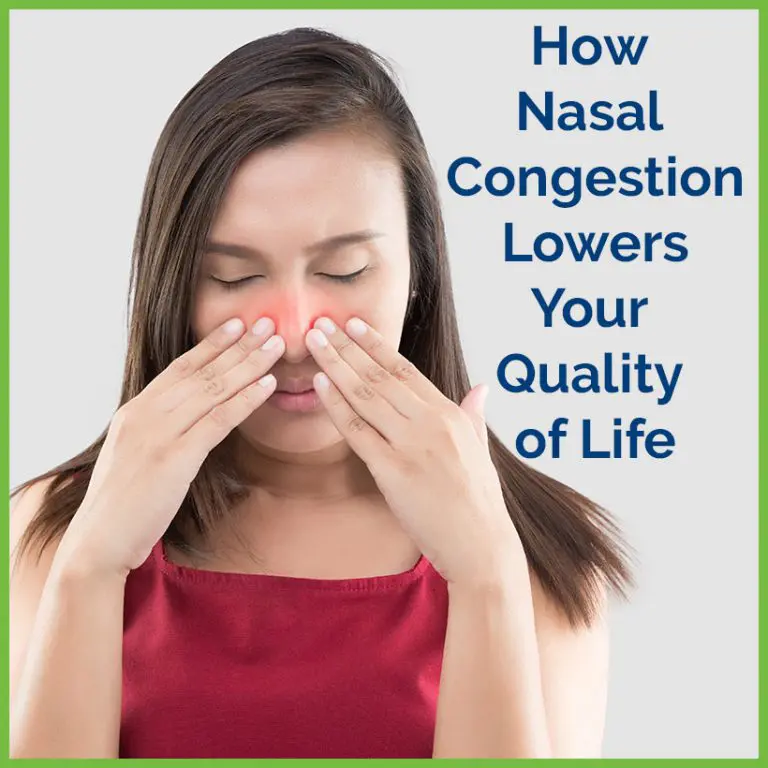
If you’ve ever suffered from sinusitis, then you understand how it can make you miserable. Nasal congestion along with sinus pressure and headaches can disrupt sleep, which affects your performance at work or school, leaving you feeling tired and distracted all day long.
What Is Sinusitis?
Behind the cheekbones, in the forehead, and between the eyes sit the sinuses, hollow air spaces in the bones that produce mucus to keep the inside of the nose moist. The mucous act as a protective barrier agent against allergens, pollutants, and dust in the air we breathe. Sinusitis occurs when an infection develops in the sinuses, causing pain, pressure around the eyes and forehead, nasal congestion and difficulty breathing, trouble sleeping, and all-around fatigue. When the nasal passages become blocked, either by a virus, allergies, or sometimes nasal polyps, the result can be an overgrowth of bacteria, which then leads to a sinus infection.
The Signs and Symptoms of Chronic Sinus Infections
Sinusitis symptoms such as chronic sinus blockage, nasal congestion, facial pain and pressure, loss of taste and smell, discolored nasal drainage, postnasal drip, cough and frequent headaches all point to a possible sinus infection. These symptoms often can disrupt a person’s normal daily life, making them feel miserable. Their work begins to suffer because they are exhausted and lethargic. Exercise becomes difficult because of headaches and sinus pressure. Sleep is often disrupted due to difficulty breathing and coughing throughout the night. Overall, sinusitis is just a miserable experience.
How to Manage a Sinus Infection
There are many home remedies to try first before seeking medical treatment. Use a humidifier at night to keep the sinuses from getting too dry, which inhibits mucus from draining. Flush your sinuses out with a saline rinse or spray several times a day. If you suffer from allergies, try an antihistamine to control symptoms. For more severe symptoms, over-the-counter medications may help. If your symptoms don’t clear up on their own or reoccur, you may need to see a doctor about antibiotics or steroid treatments. A CT scan of your sinuses and nasal endoscopy may be necessary to better assess the problem. If it persists despite aggressive antibiotic treatment, then a procedure may be required to open the infected sinus or sinuses and clear the infection. There is not one single solution that is correct for every patient. There are multiple different procedure options, such as balloon sinuplasty or endoscopic sinus surgery. Your Rhinologist at Houston Advanced Nose & Sinus will discuss your symptoms and determine which sinus surgery is best for you. If you have been suffering from symptoms of chronic sinus infections, and over-the-counter treatments are not making a difference, you should schedule a consultation with Dr. Kuperan at Houston Advanced Nose & Sinus. Dr. Kuperan is one of the only fellowship certified Rhinologists in all of Texas with specialized expertise, experience, and skills in treating patients with sinus infections.


